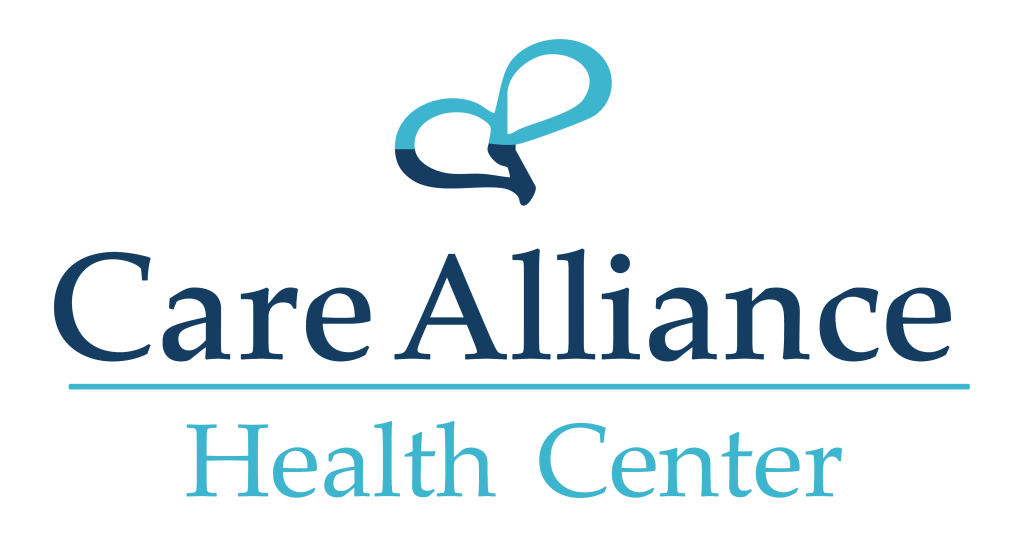We have discovered a physical link between emotions and heart health. Emotional stress causes a negative chain reaction in your body and creates a connection between your emotional state and your heart. Your heart is directly connected to your emotions and creates the body, spirit, mind connection that controls health.
Let’s look at the link between stress and heart disease. Stress and psychosocial factors such as grief, depression, and job stress. When you are angry, depressed, pessimistic, or anxious, or afraid your body can respond by dumping adrenaline which can create irregularities of the heart rate and rhythm, increased blood pressure, reduced flow of blood to the heart, digestive complaints, and inflammation.
Although it is not clear that stress alone causes heart disease it does pose an indirect risk and has a negative effect on your general wellness. If left untreated it creates risk of heart disease, stroke, and even death.
When people are stressed, they may feel overwhelmed and are less likely to make healthy lifestyle choices. They are more likely to smoke more, sleep too little or too much, not take their prescribed medications, and over time these unhealthy behaviors can increase the risk of heart disease.
You can manage stress in healthy ways. Using healthy ways to keep your stress under control allows you to better protect yourself against heart disease. Try these ideas:
- Exercise When you are anxious and tense exercising is a great way to burn off all that excess energy and stress. Plan to do 150 minutes of moderate exercise such as walking, biking, or swimming, per week to ease stress and improve your heart health.
- Breathe Deeply When you breathe in deeply and slowly, through the nose, hold, and out through the mouth 3 times helps to create calm and helps the body to relax which relieves stress, especially if you do it regularly.
- Take a Break When your stress level rises take a few minutes to escape your surroundings. Spend a few quiet moments alone, read a short story, or listen to your favorite music. Cultivate gratitude, make a list of what you are grateful for and focus on the positives in your life.
- Getting together with friends Social media is no substitute for being with people. Create some weekly rituals with friends, Research suggests that people with frequent social connections enjoy better protection against heart disease.
Source: UMass Memorial Health




